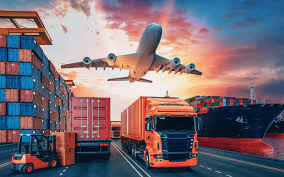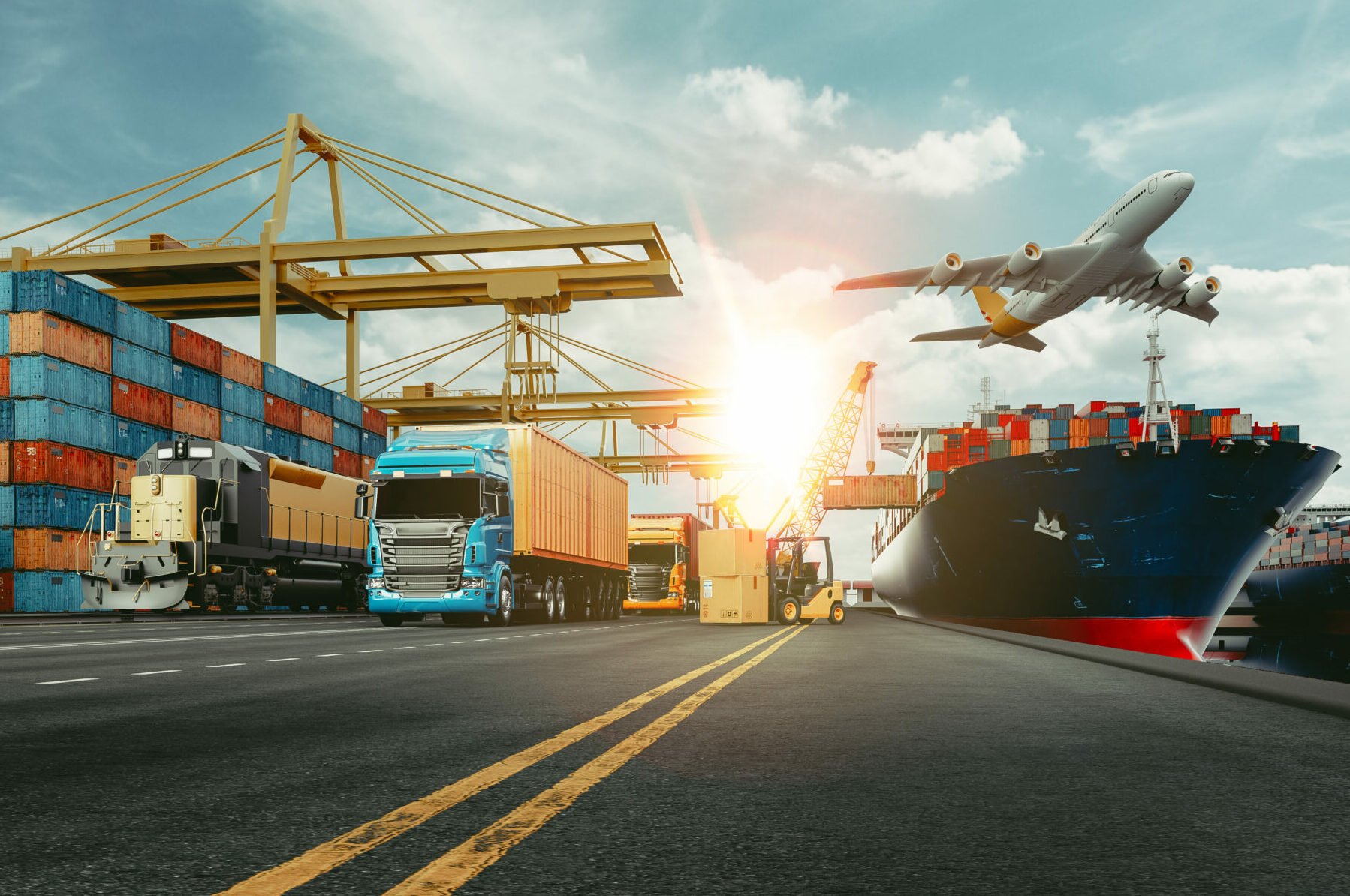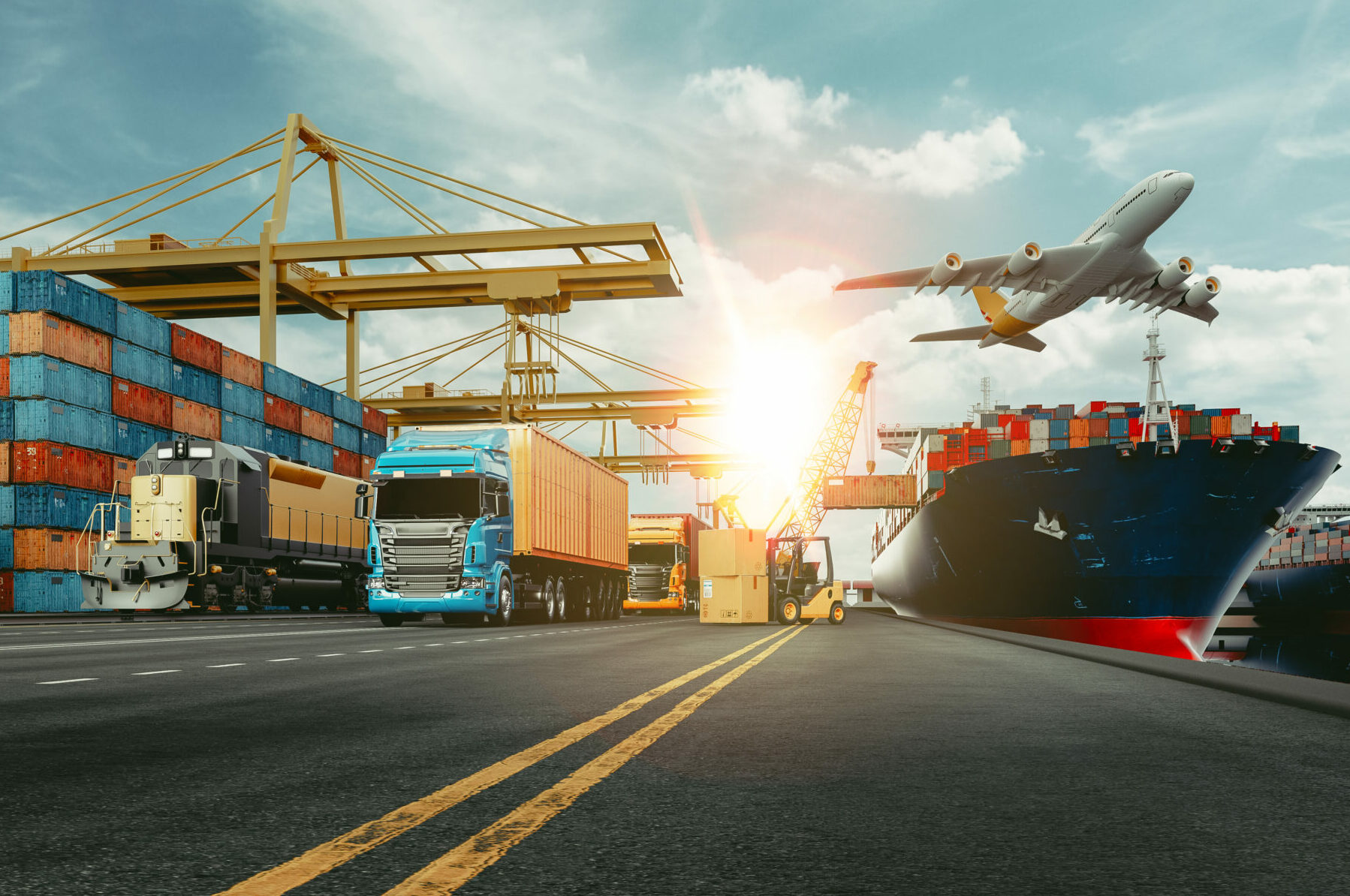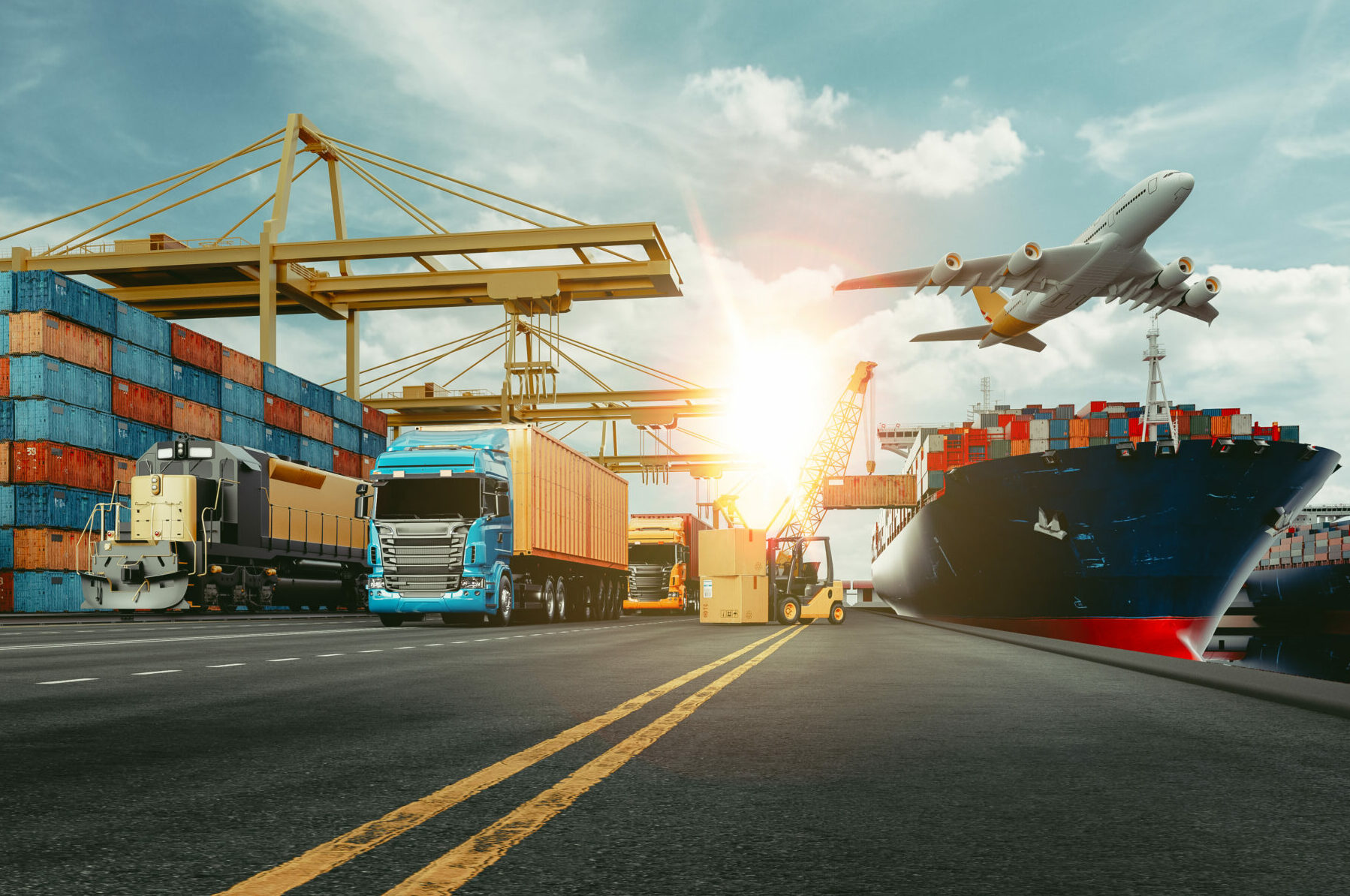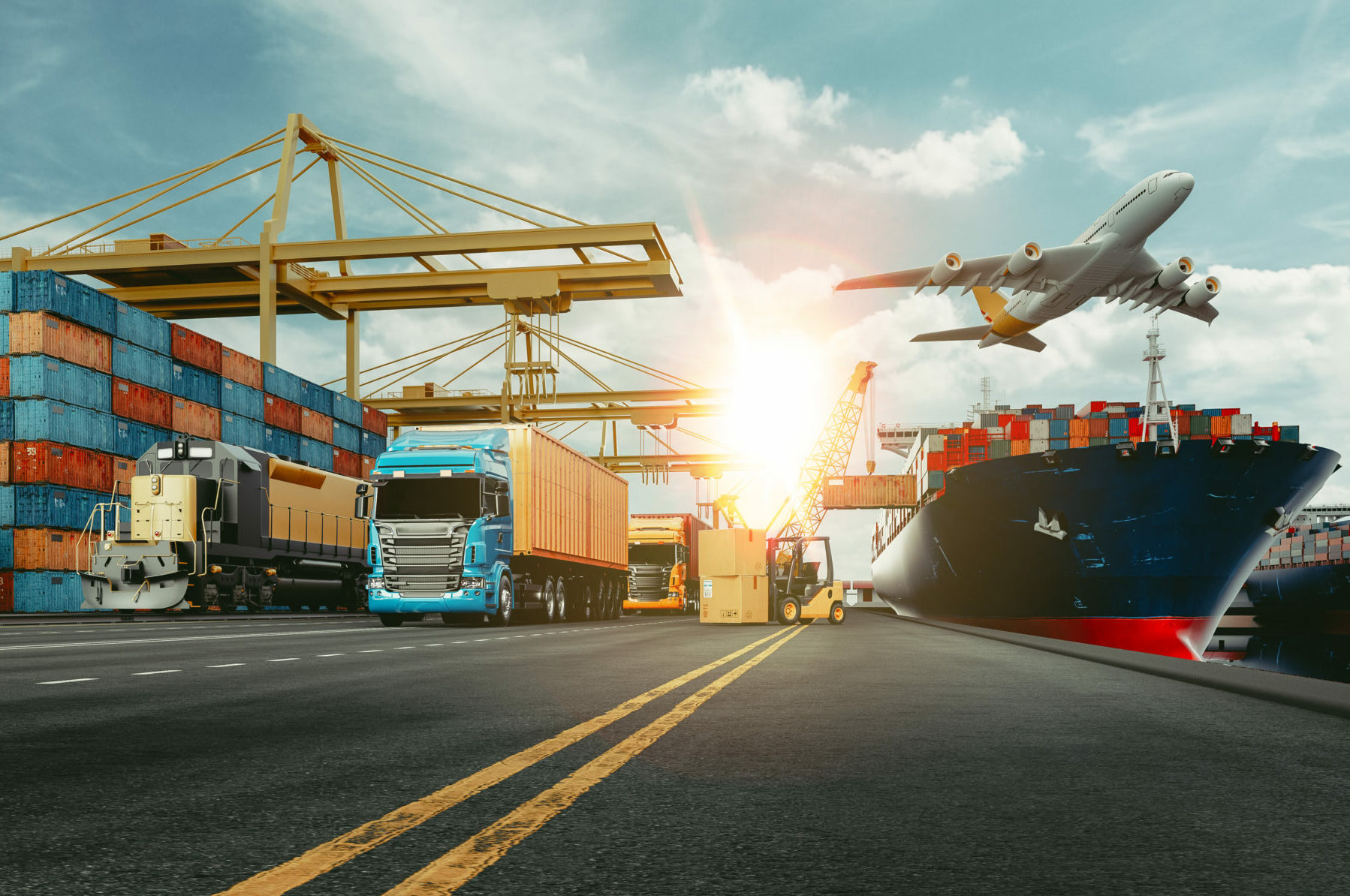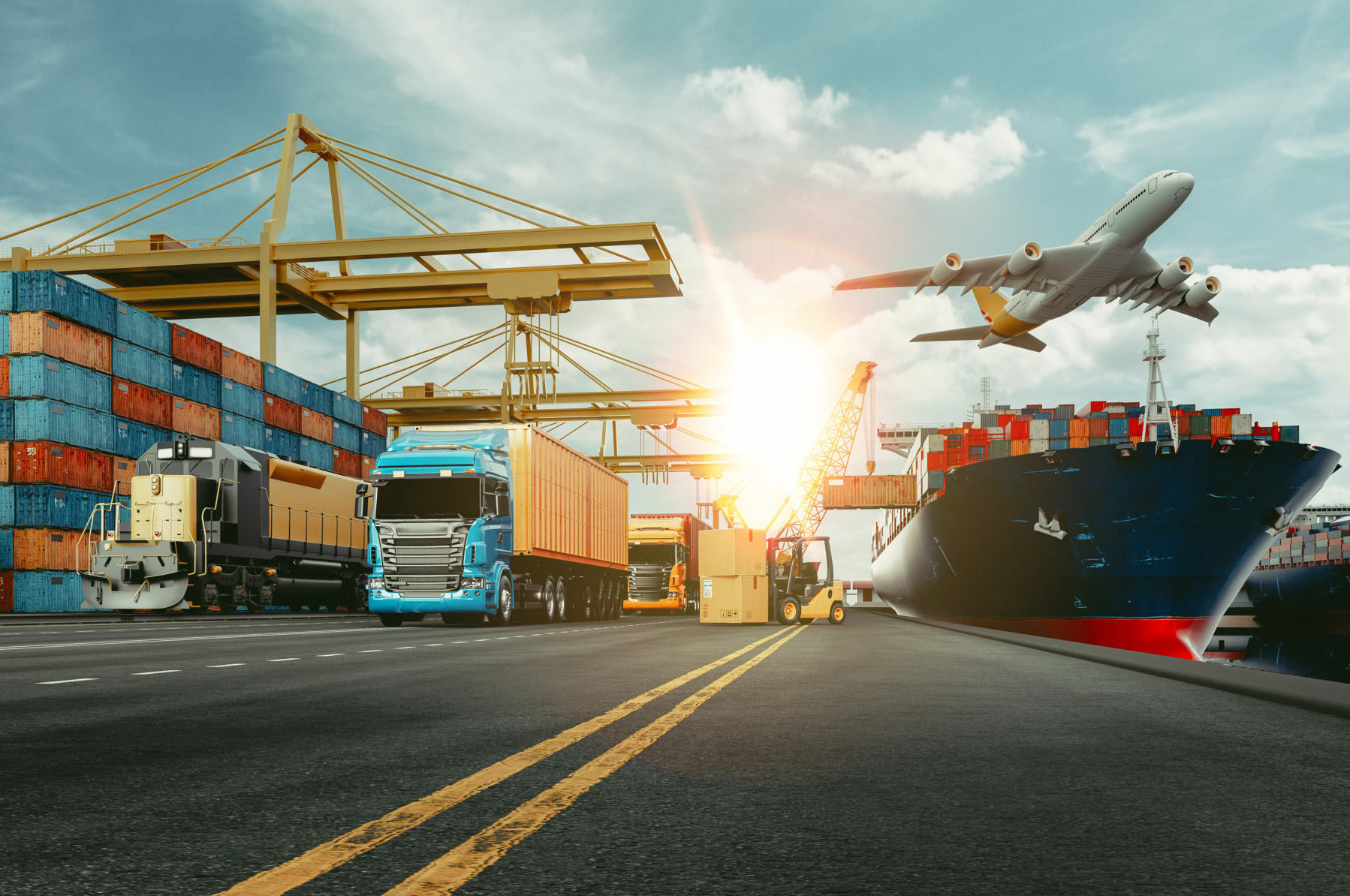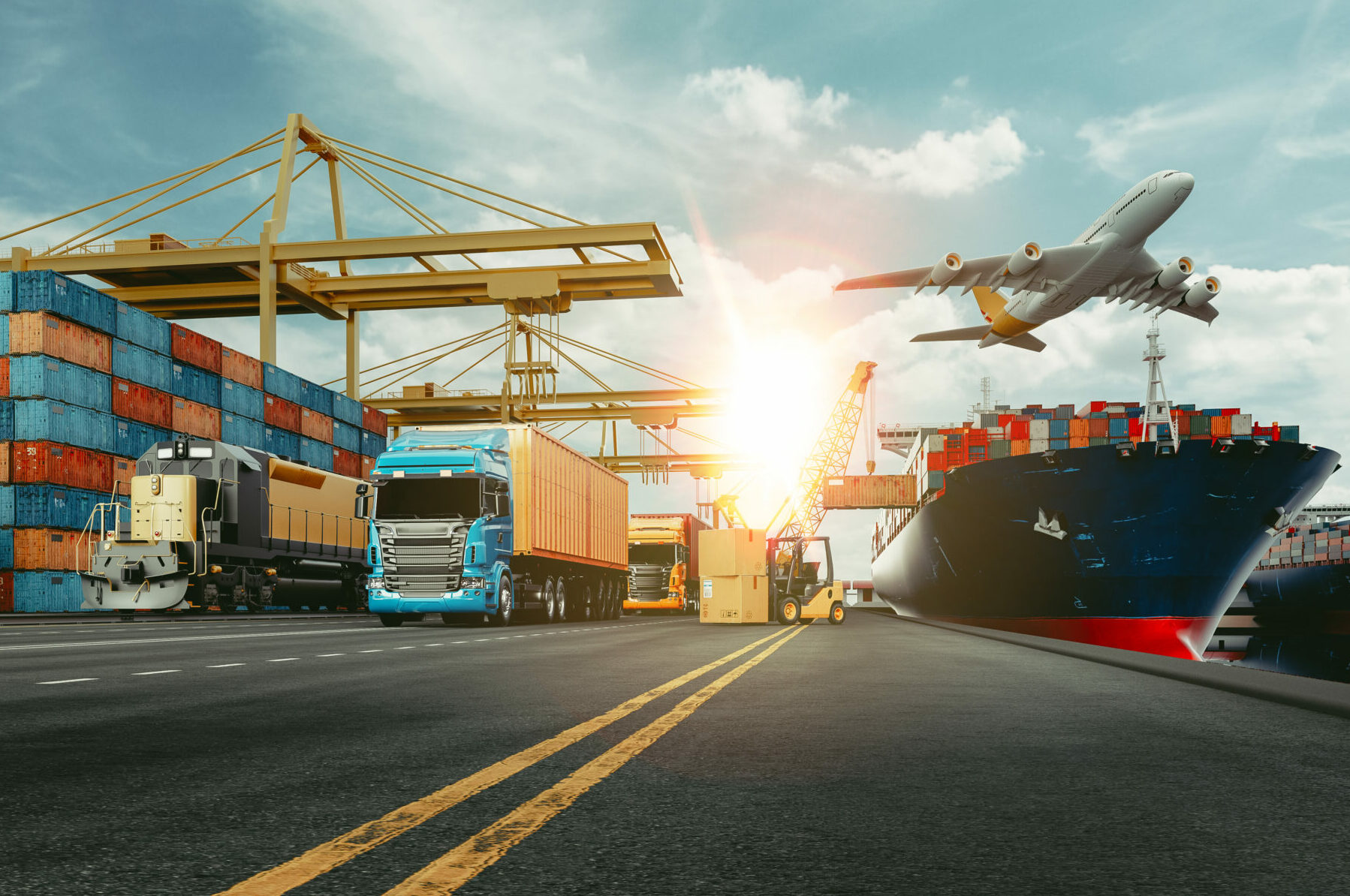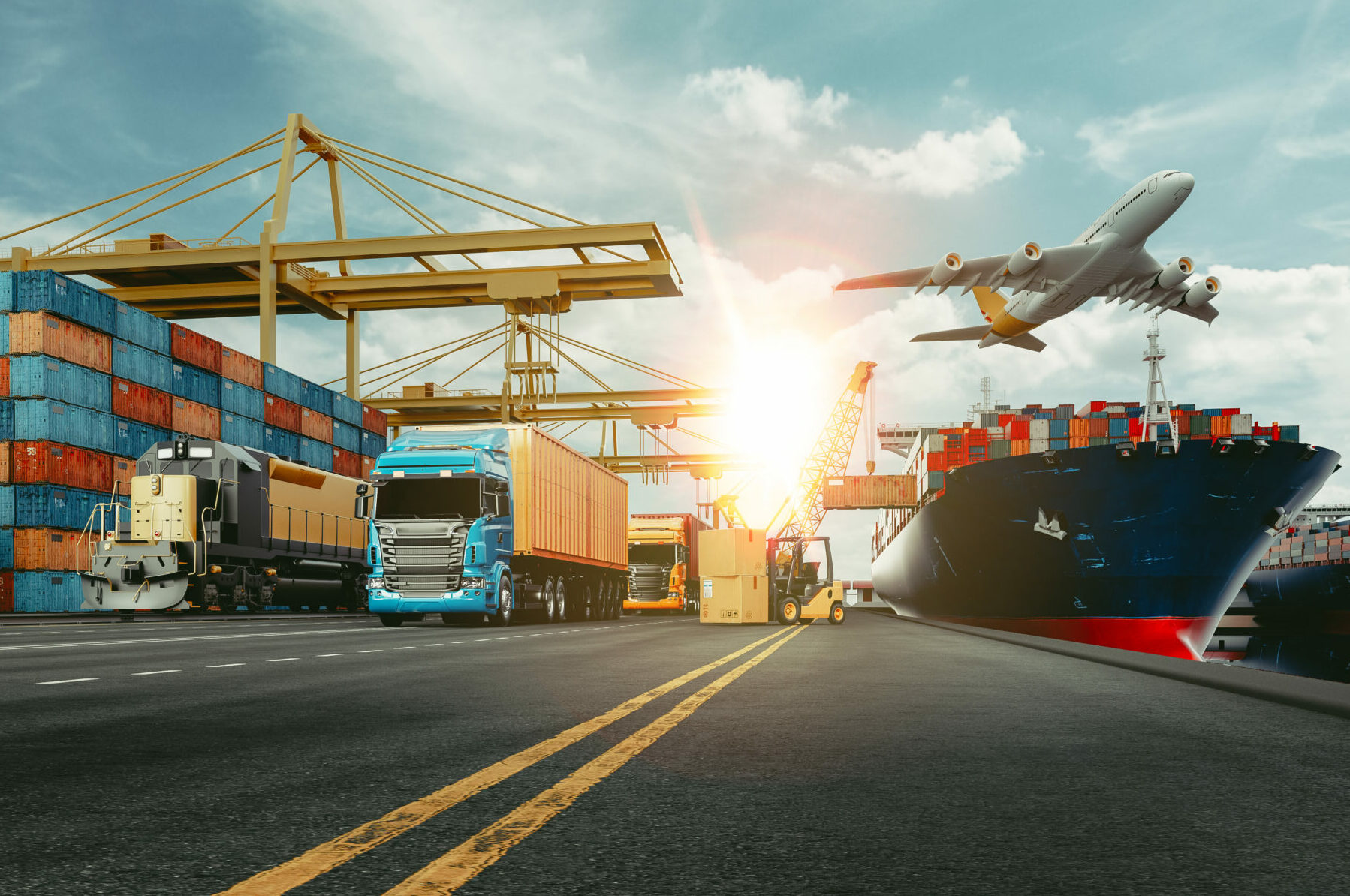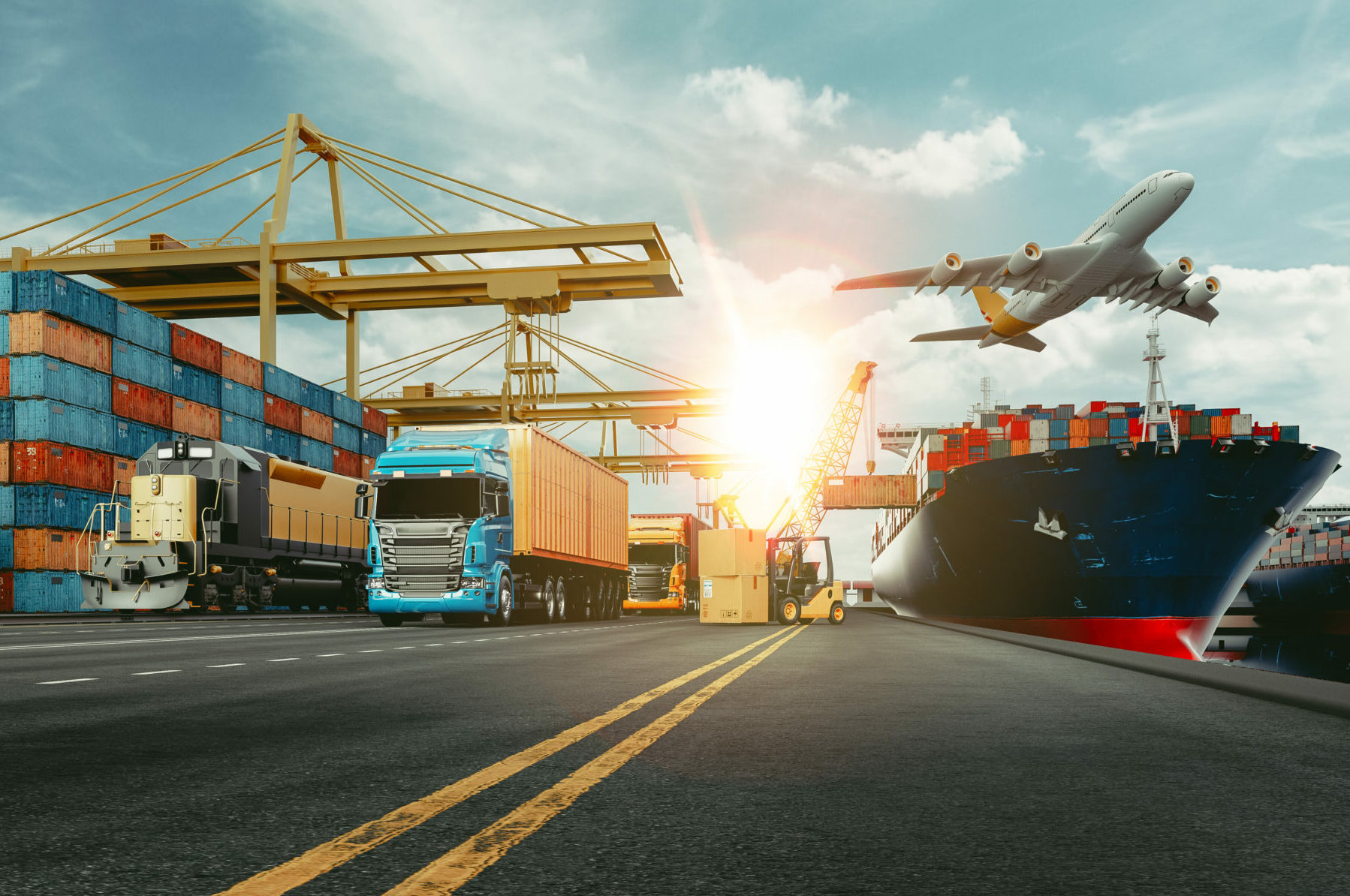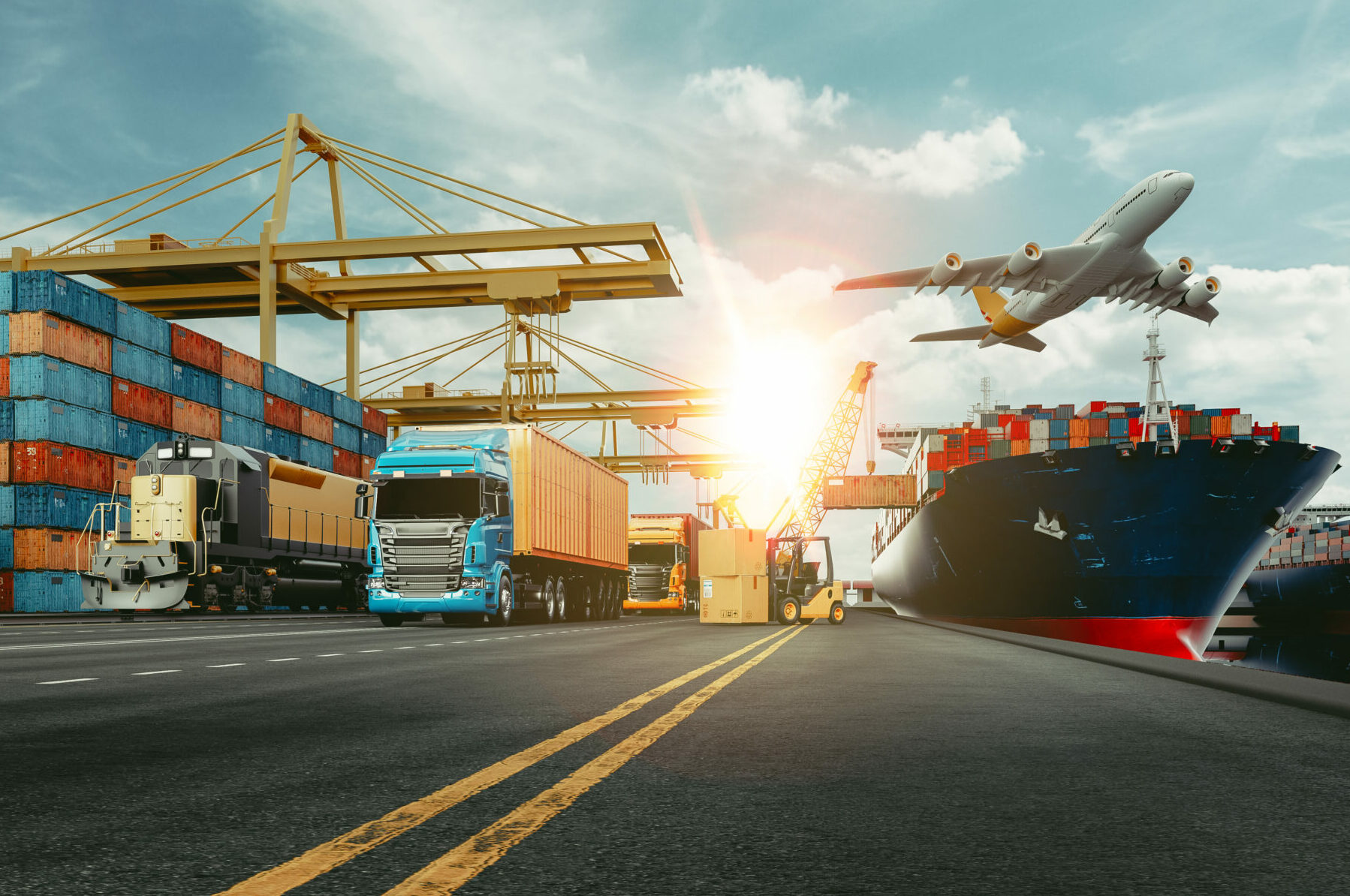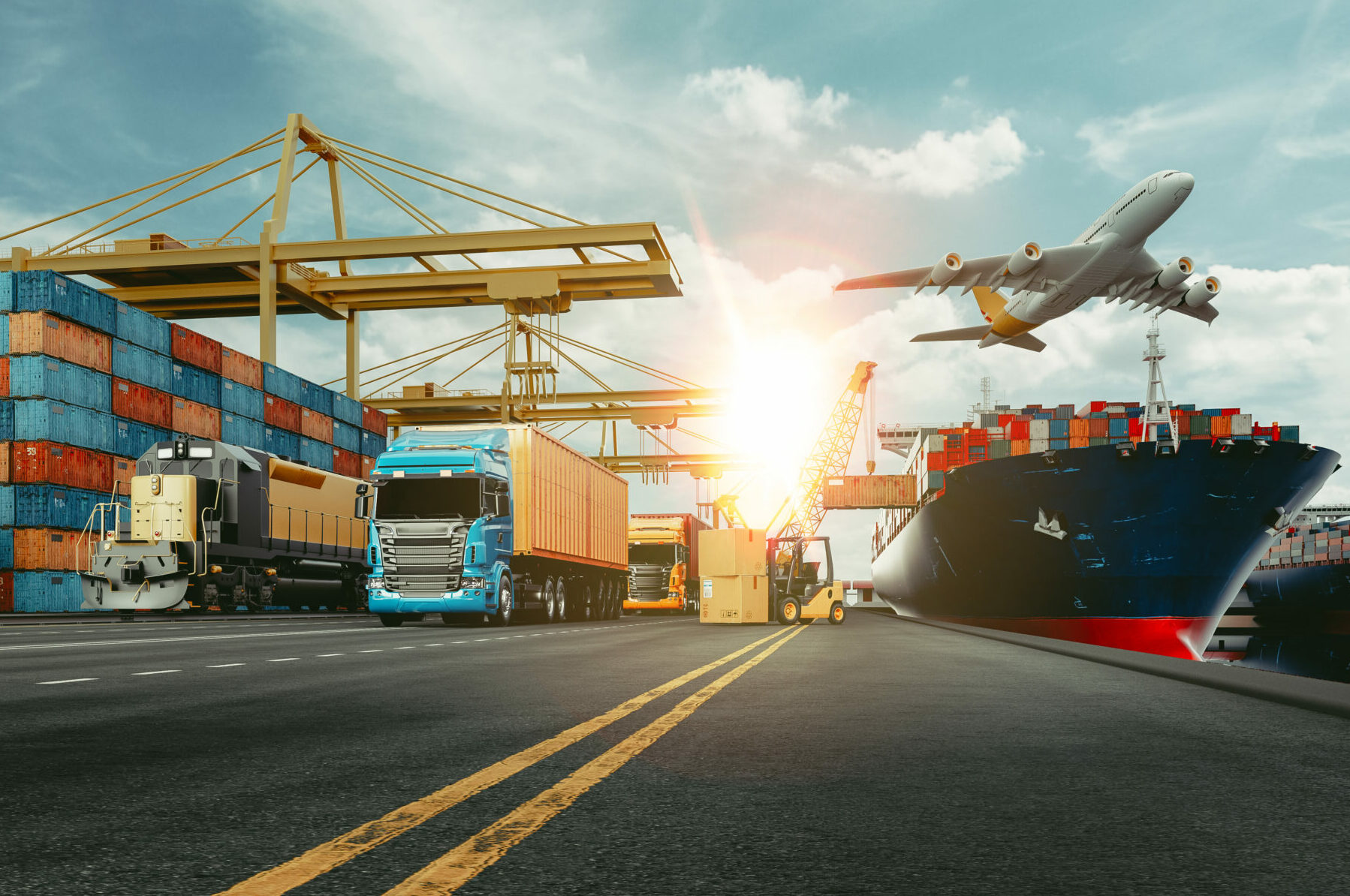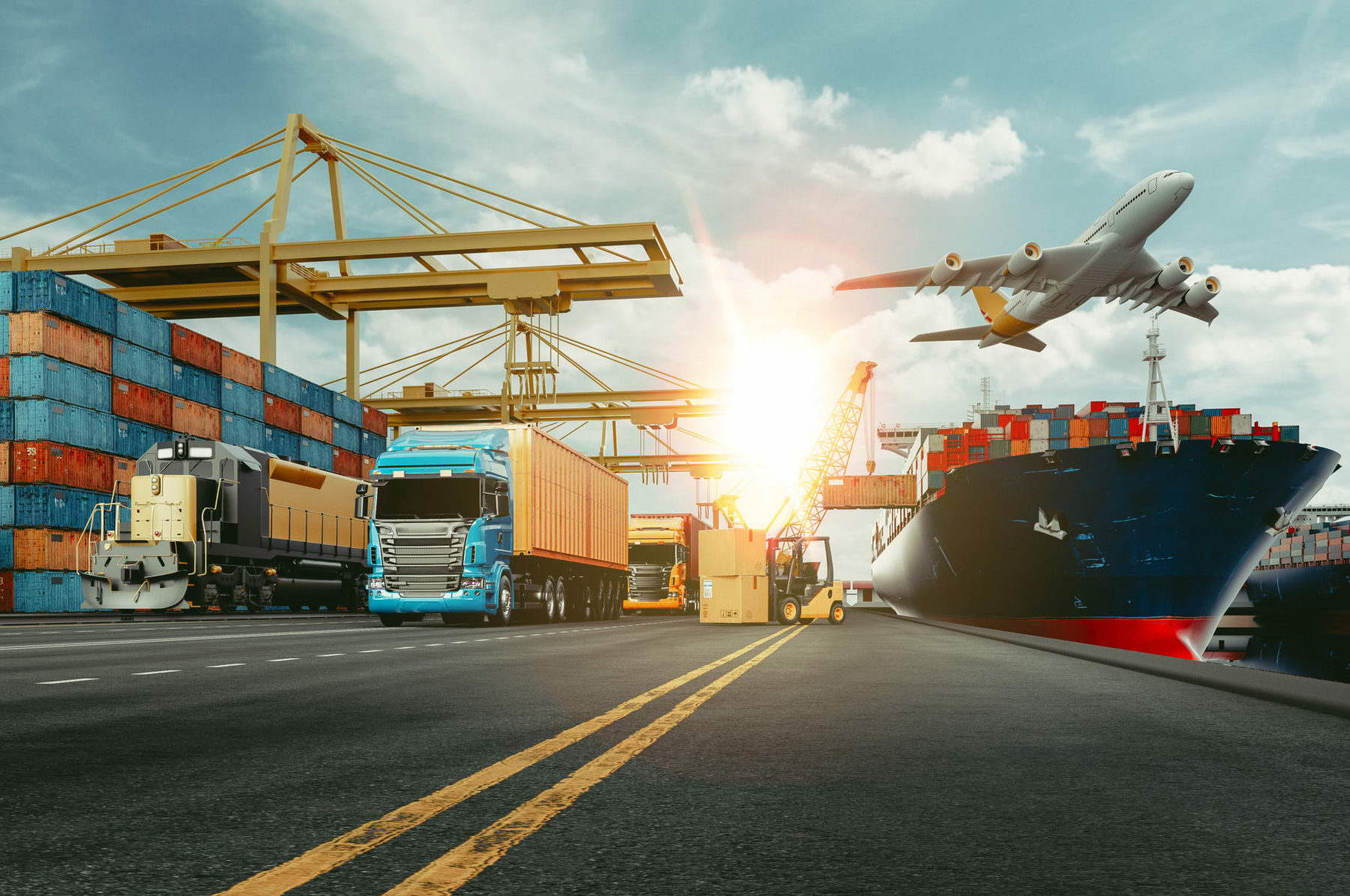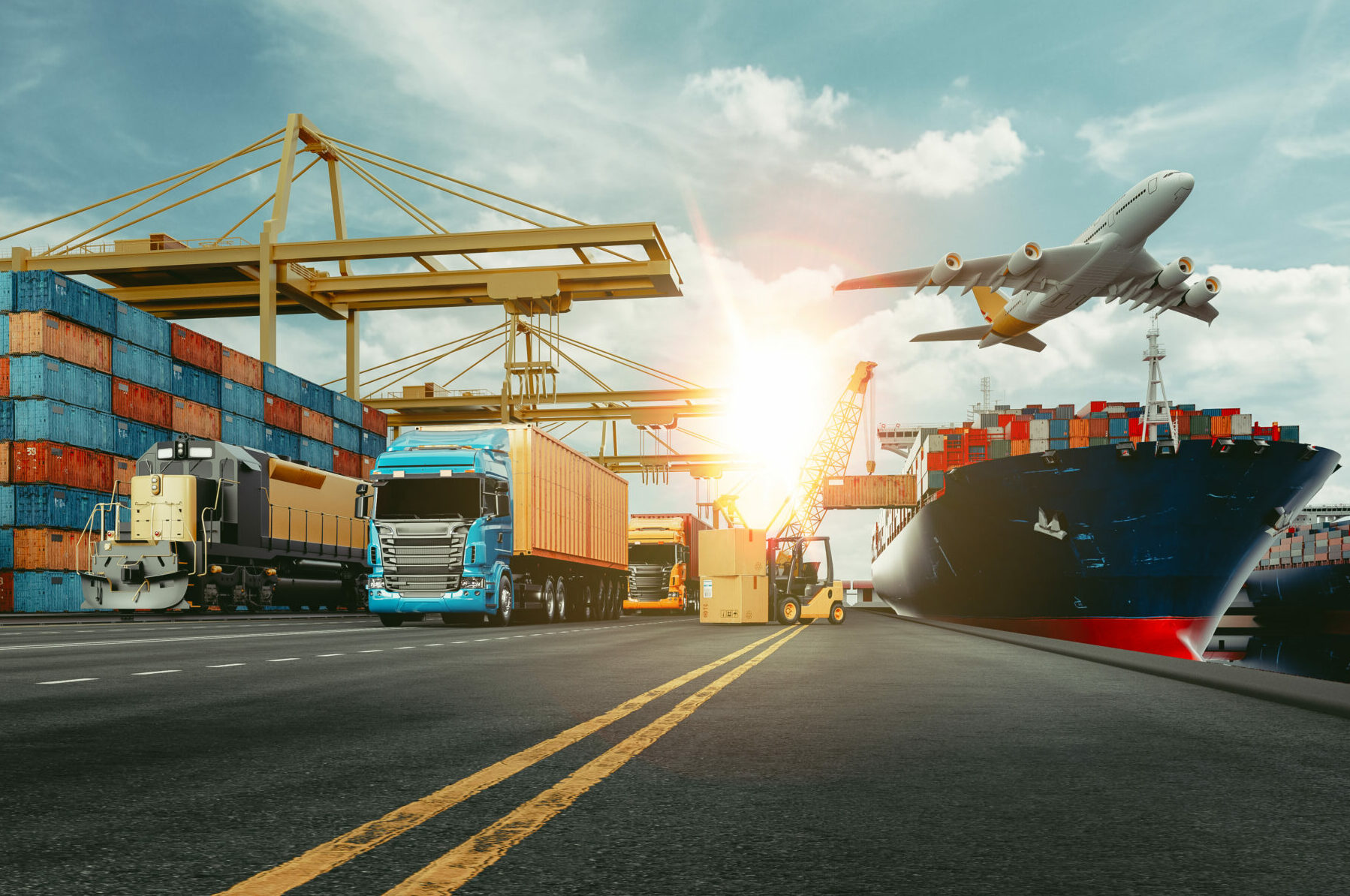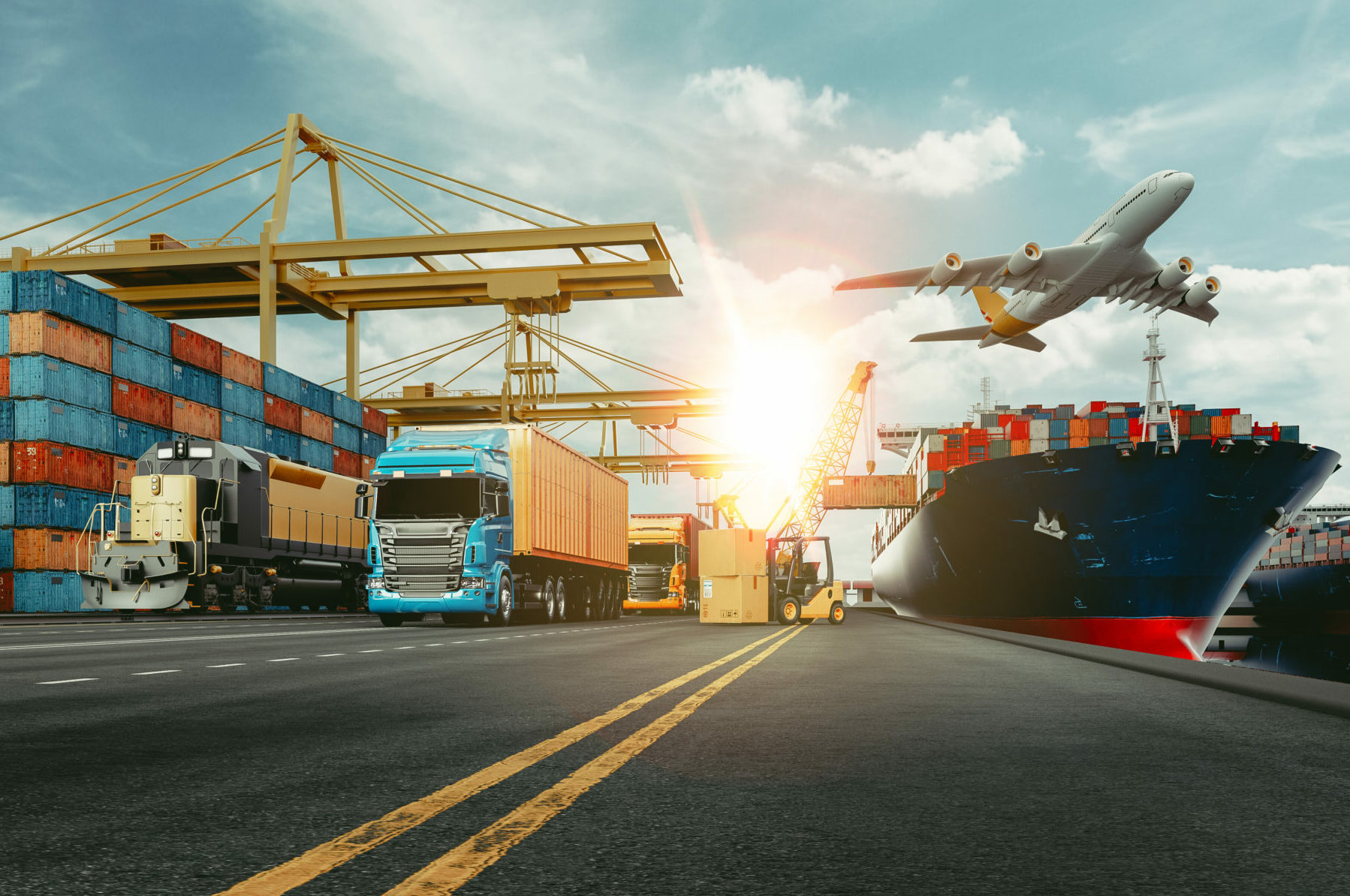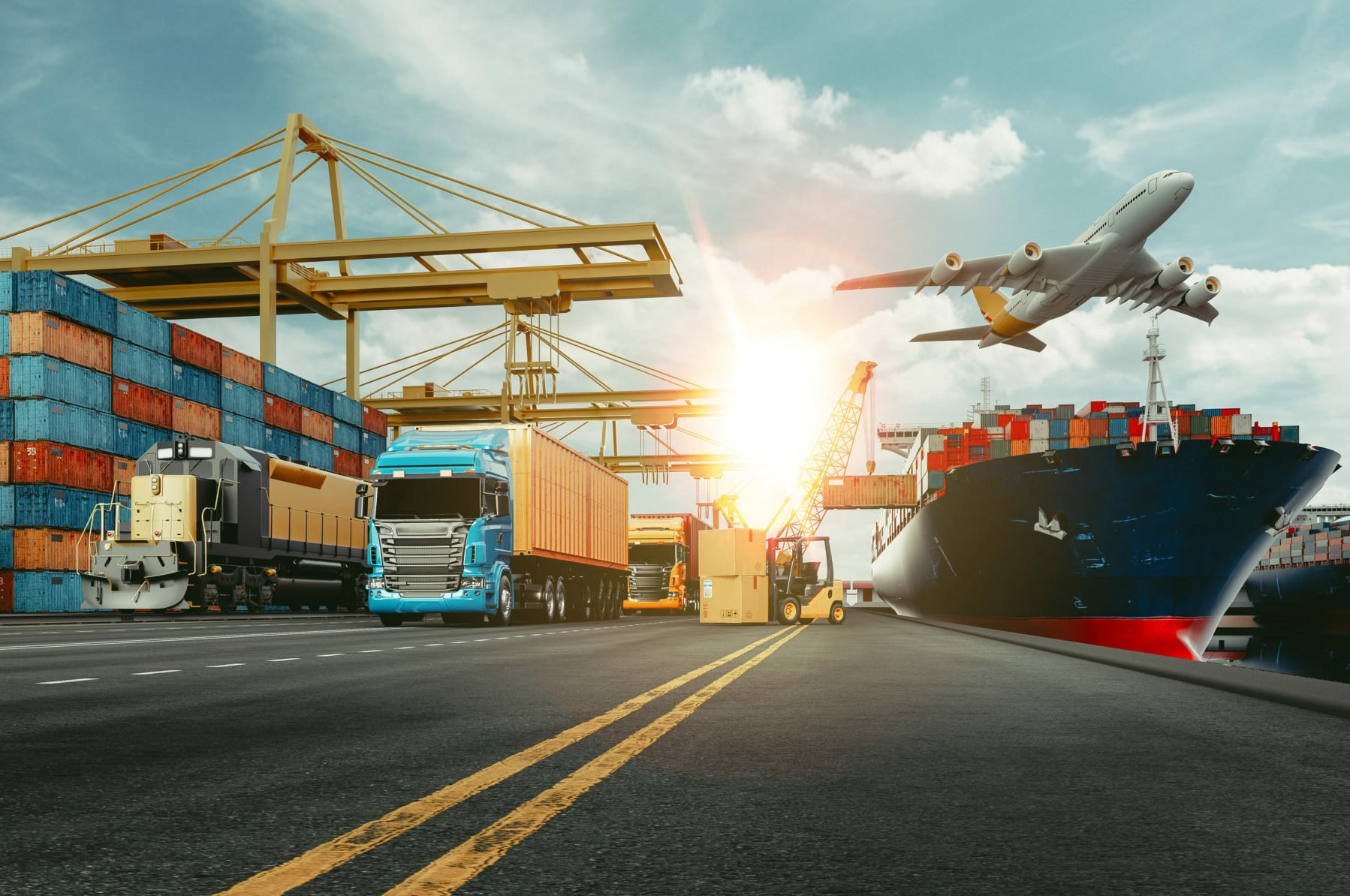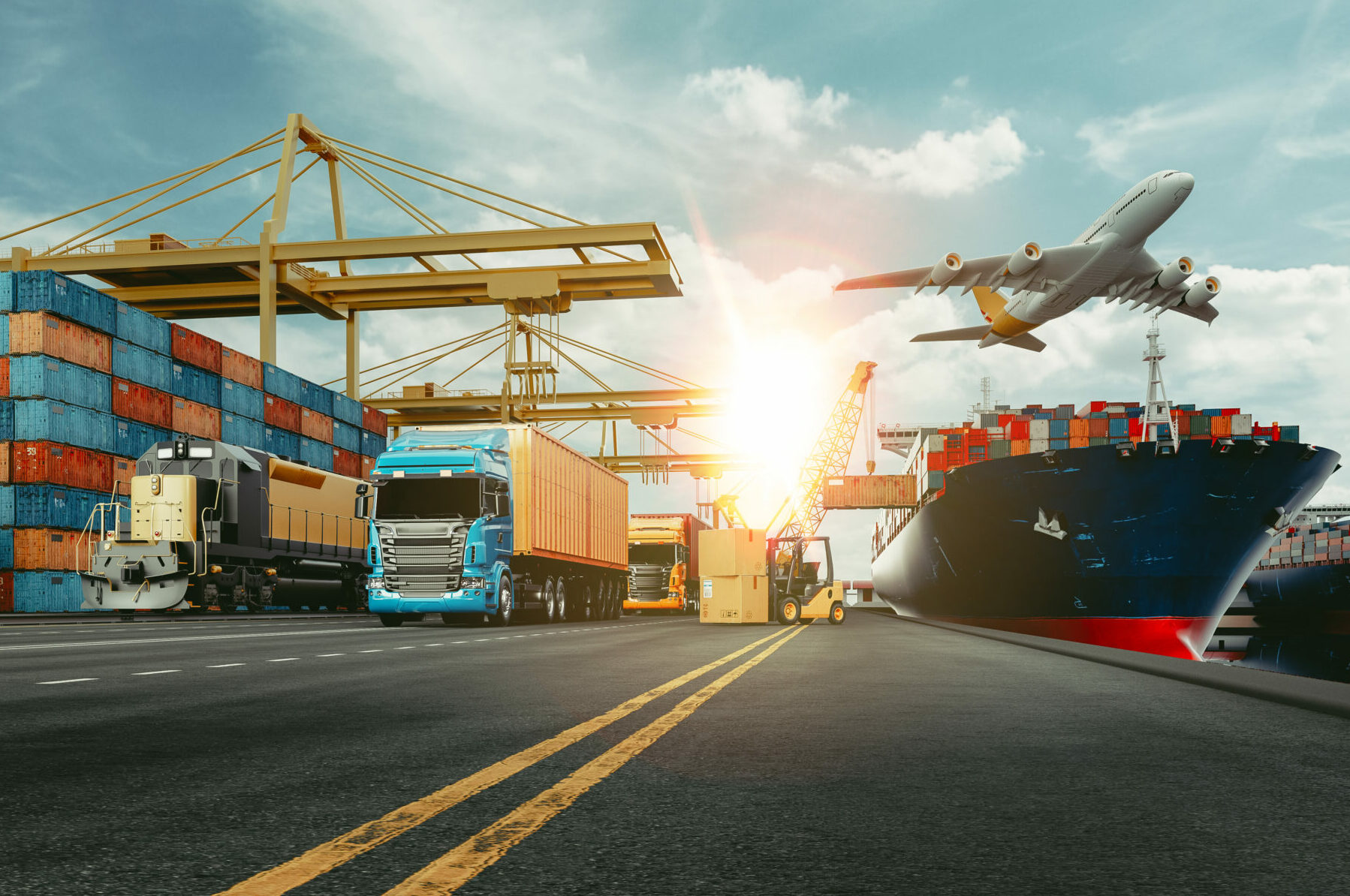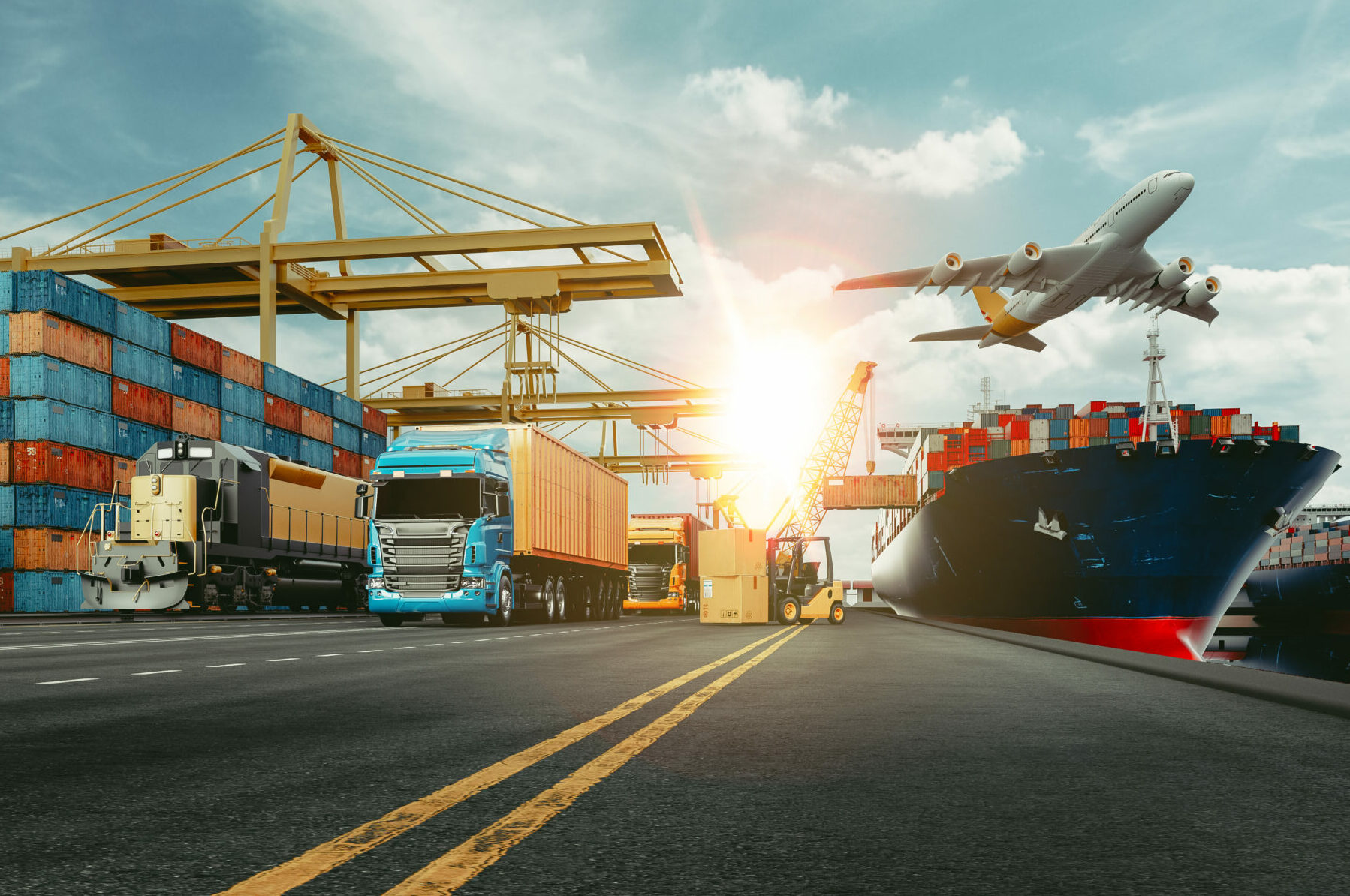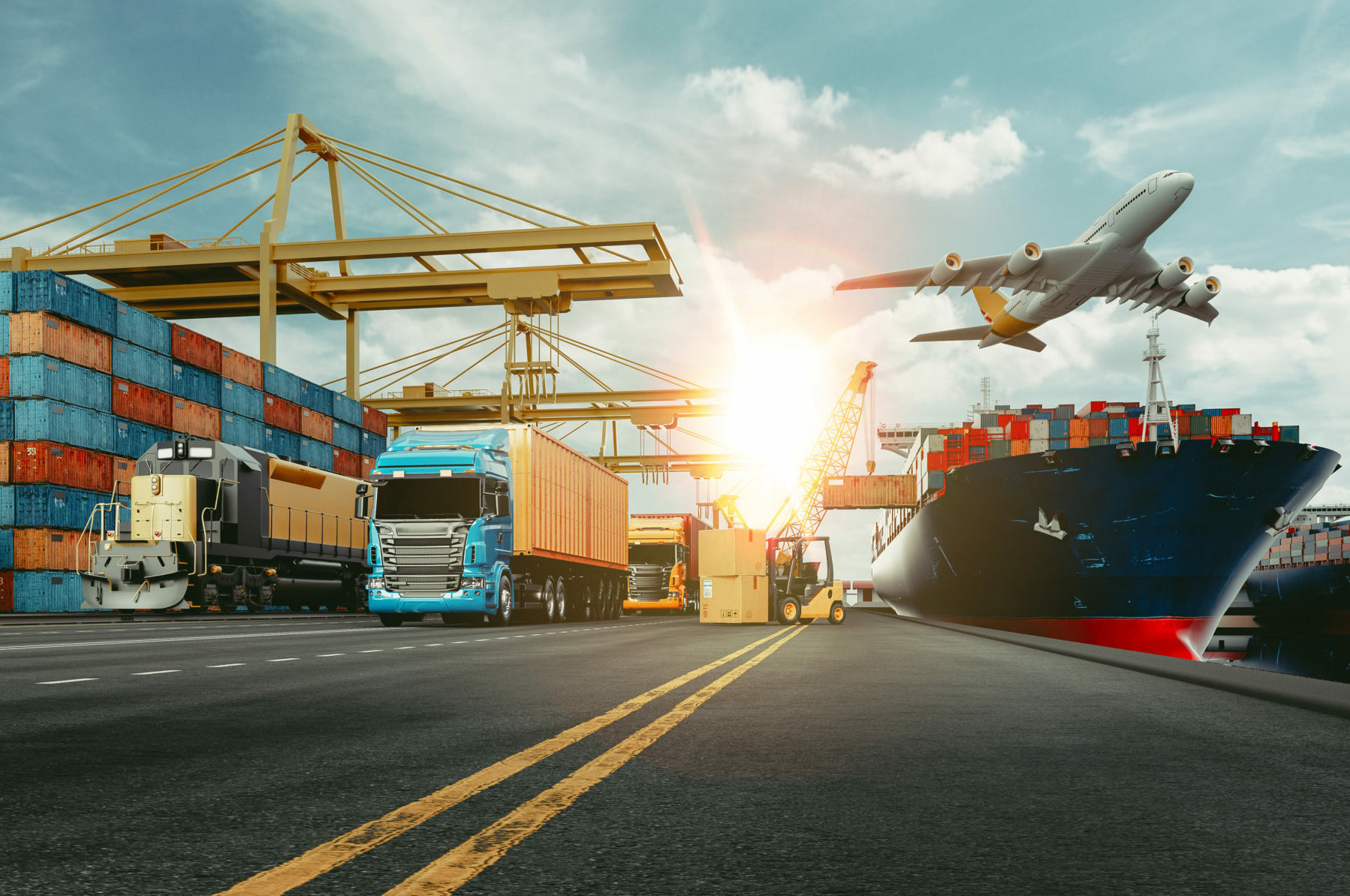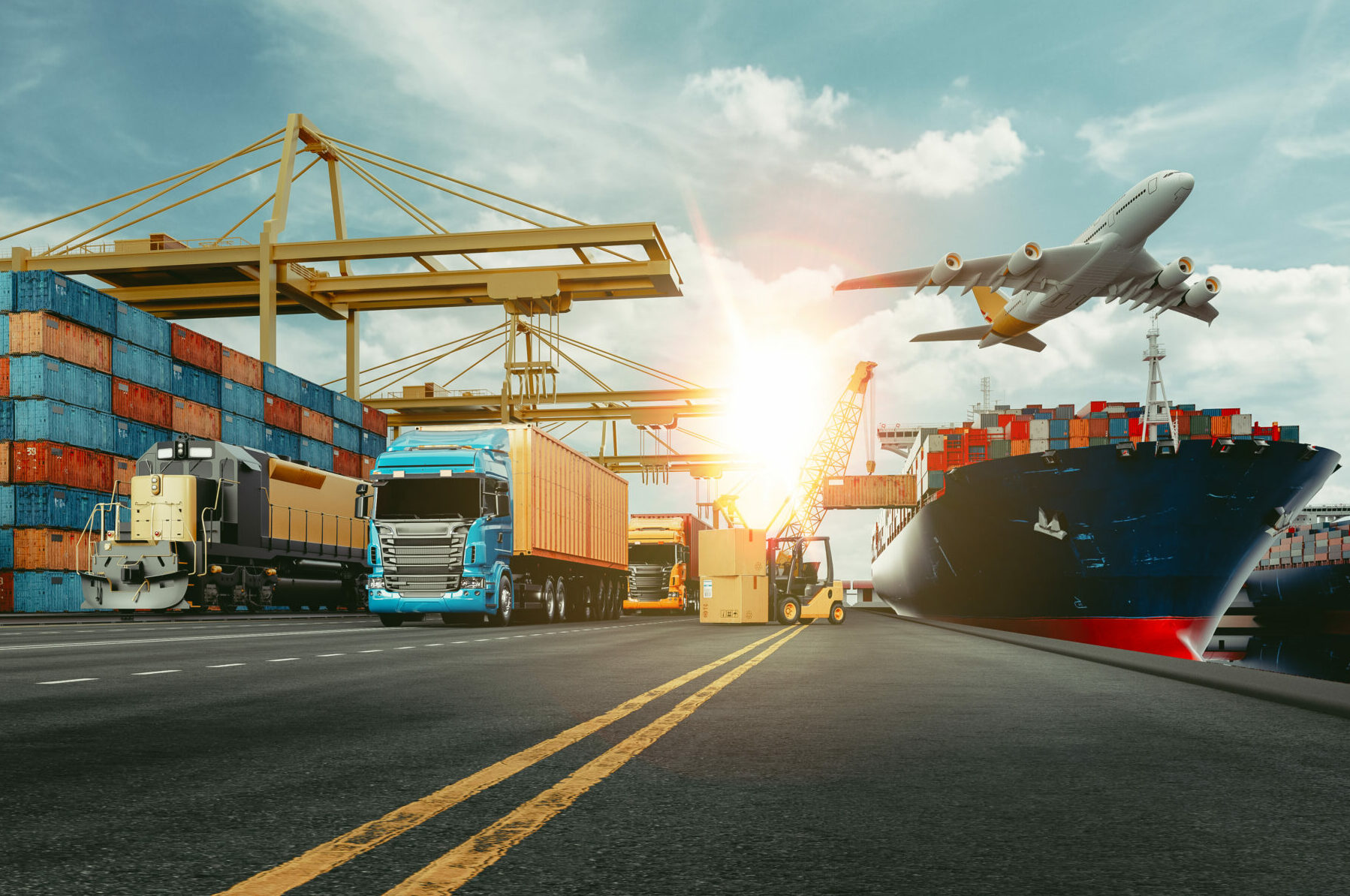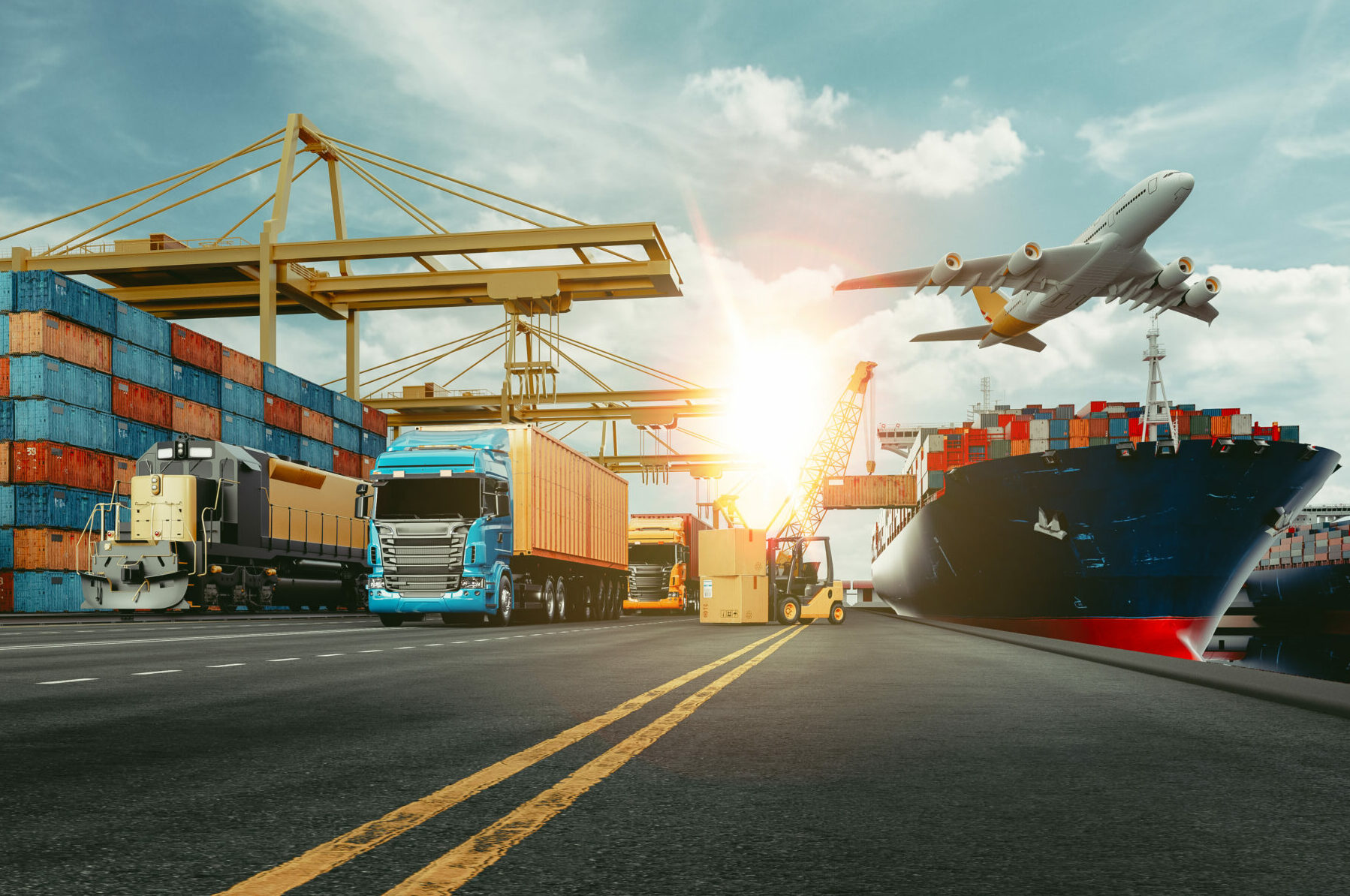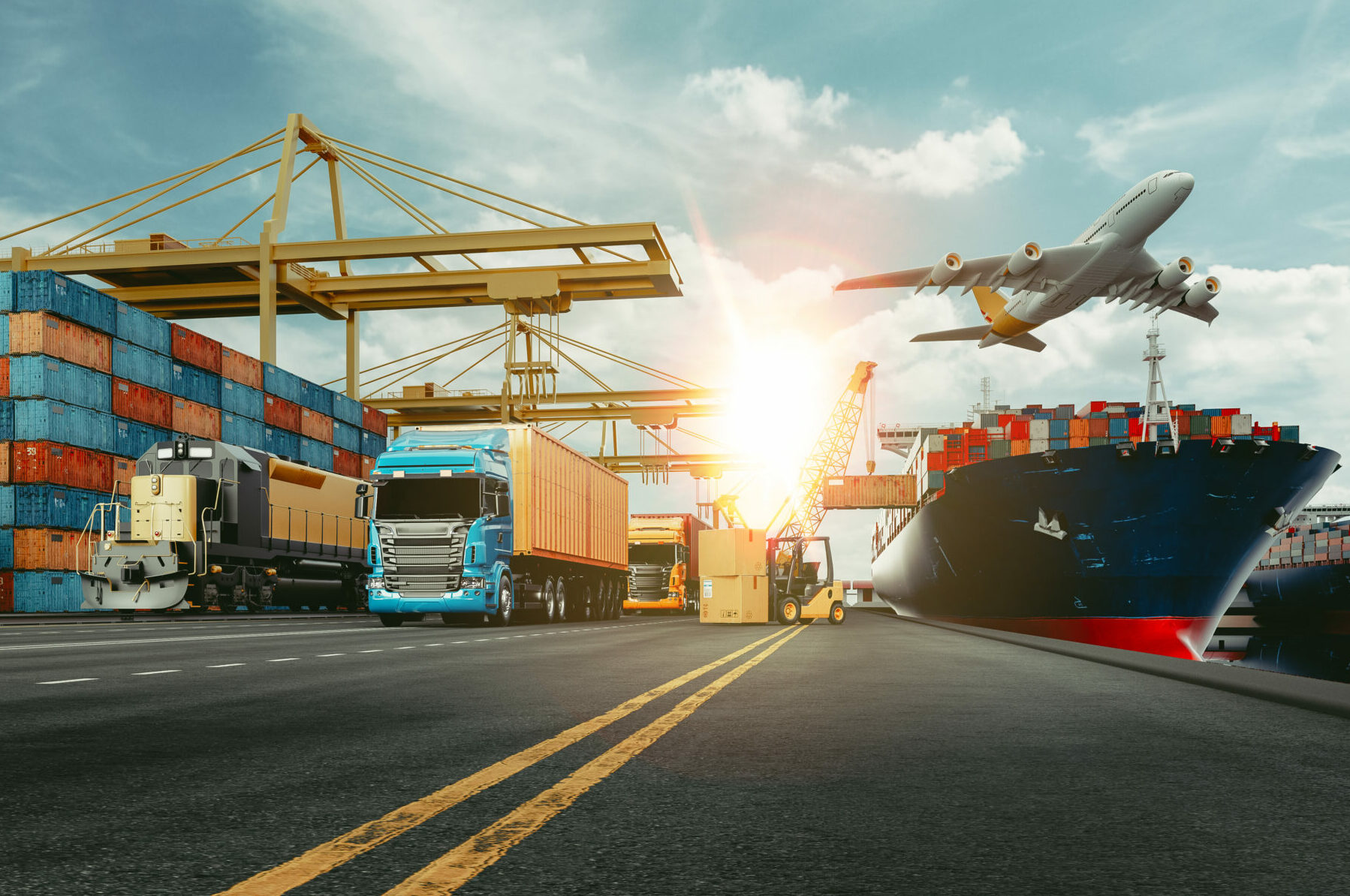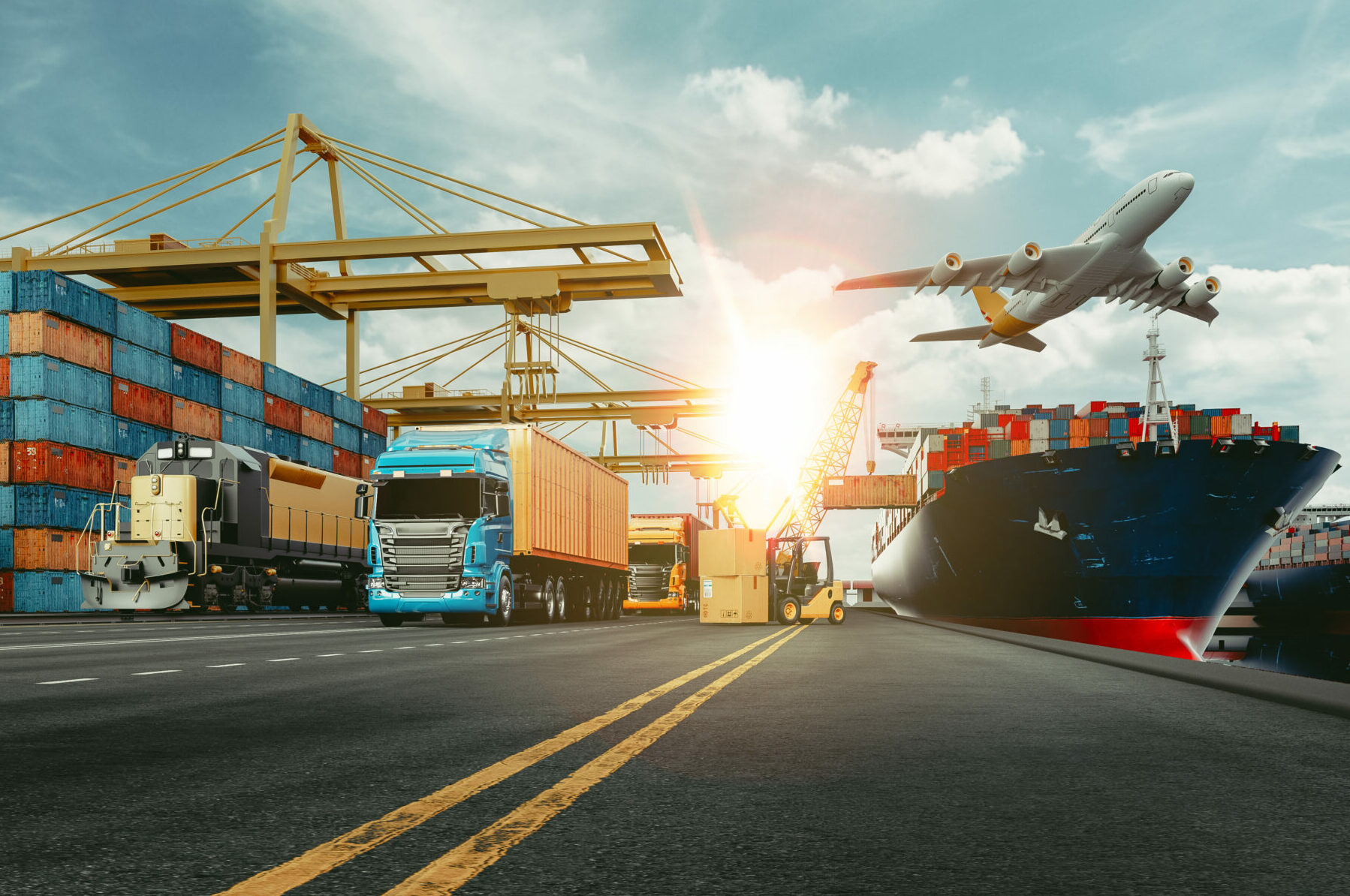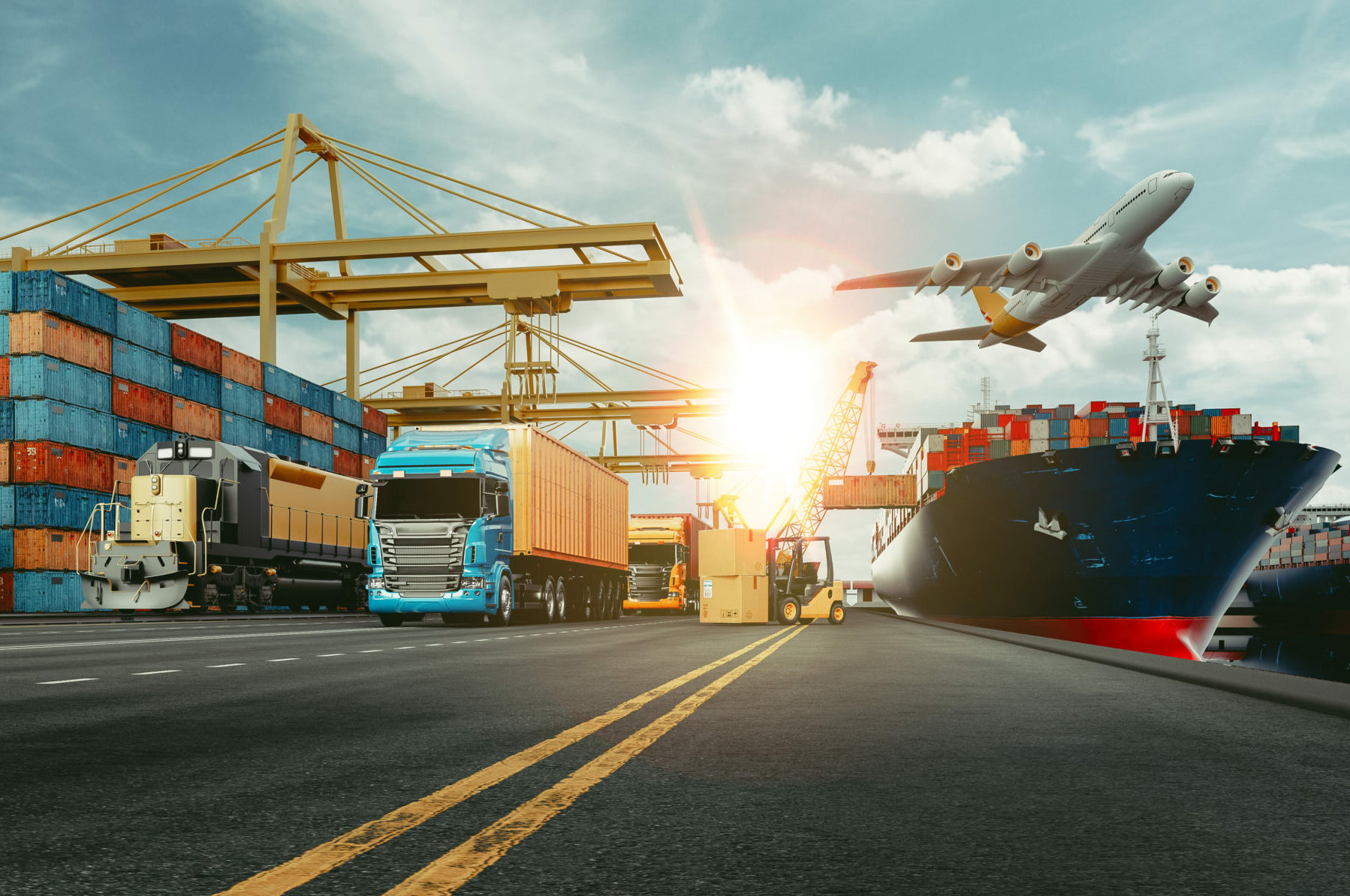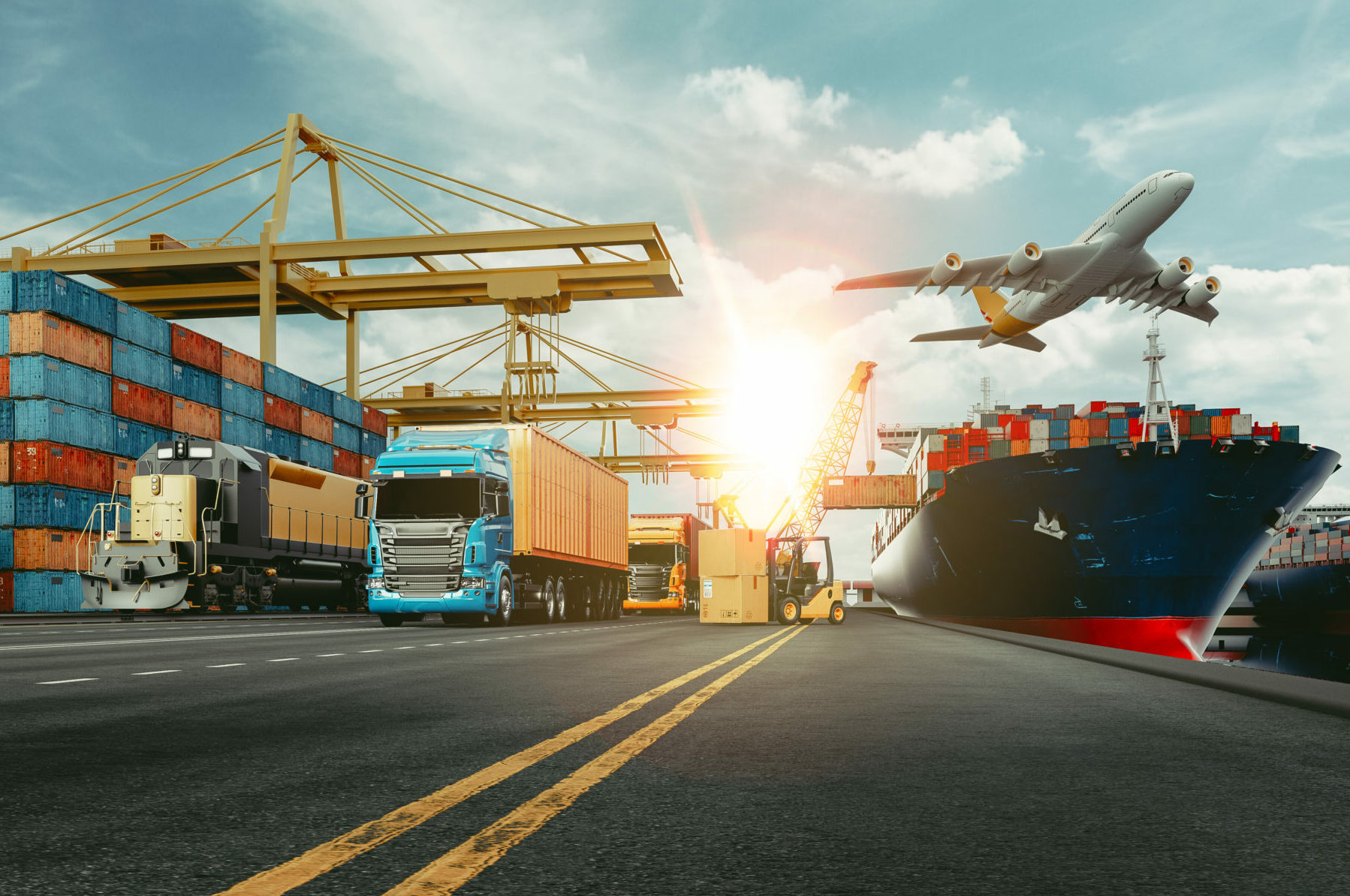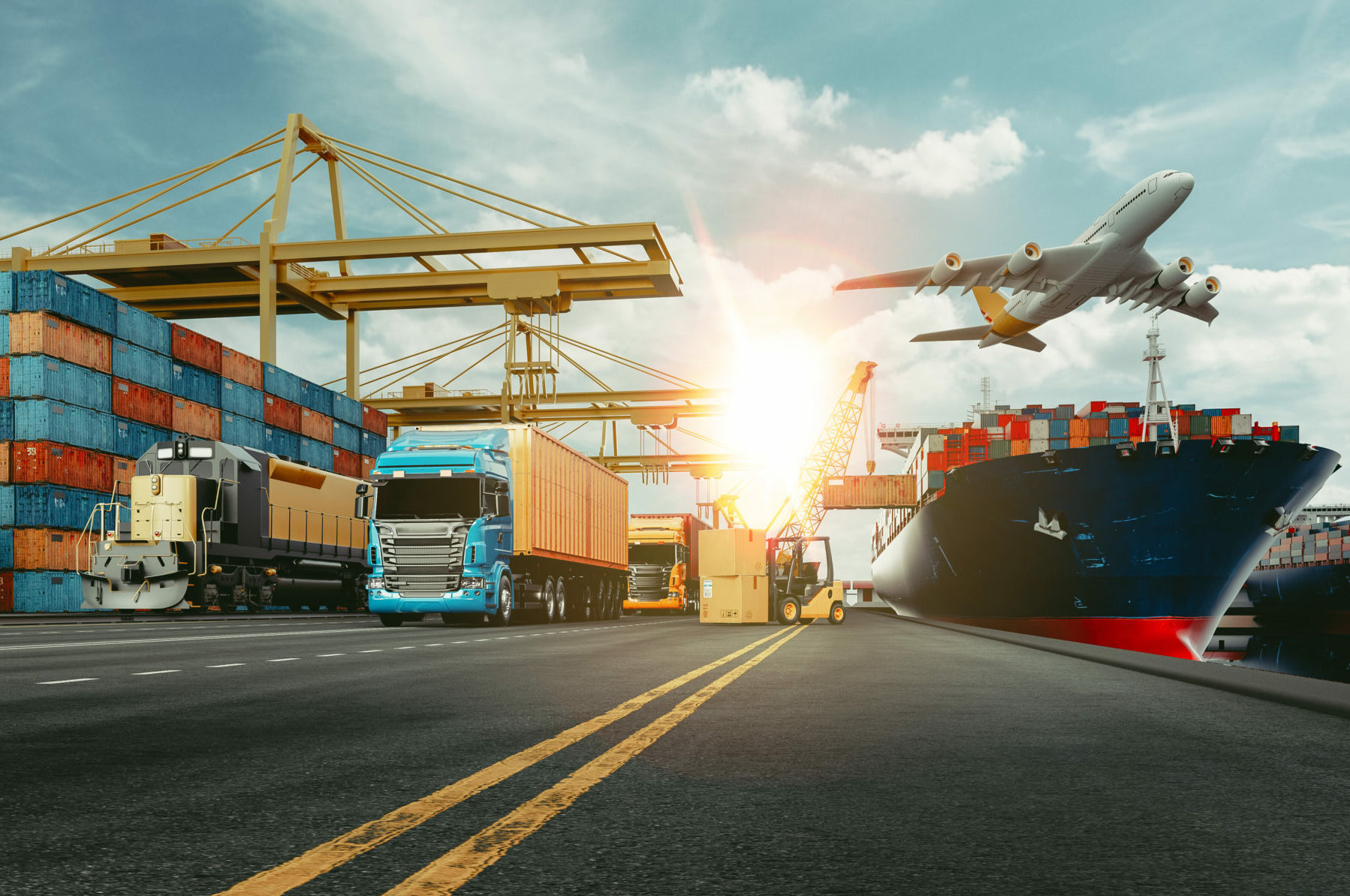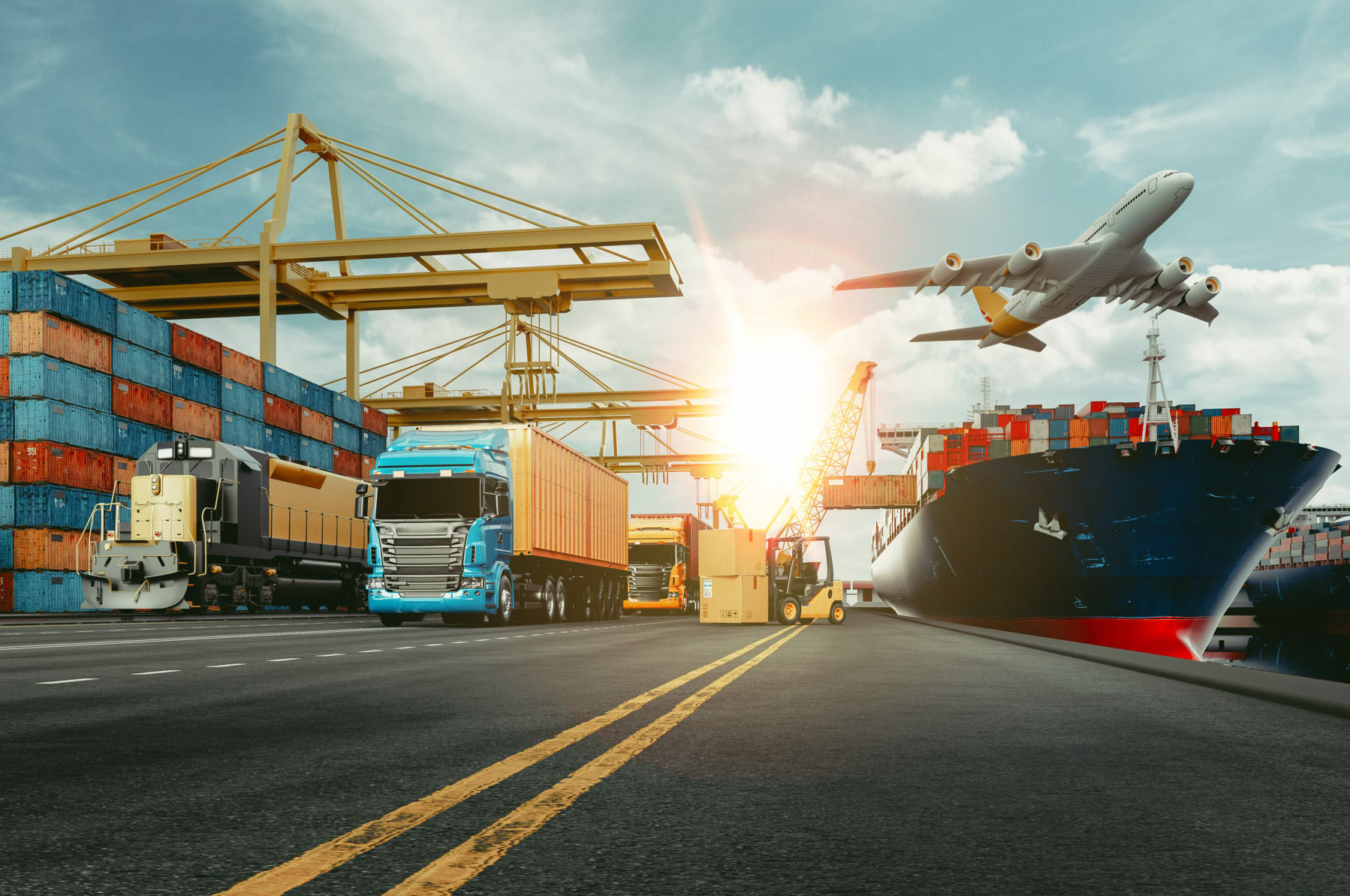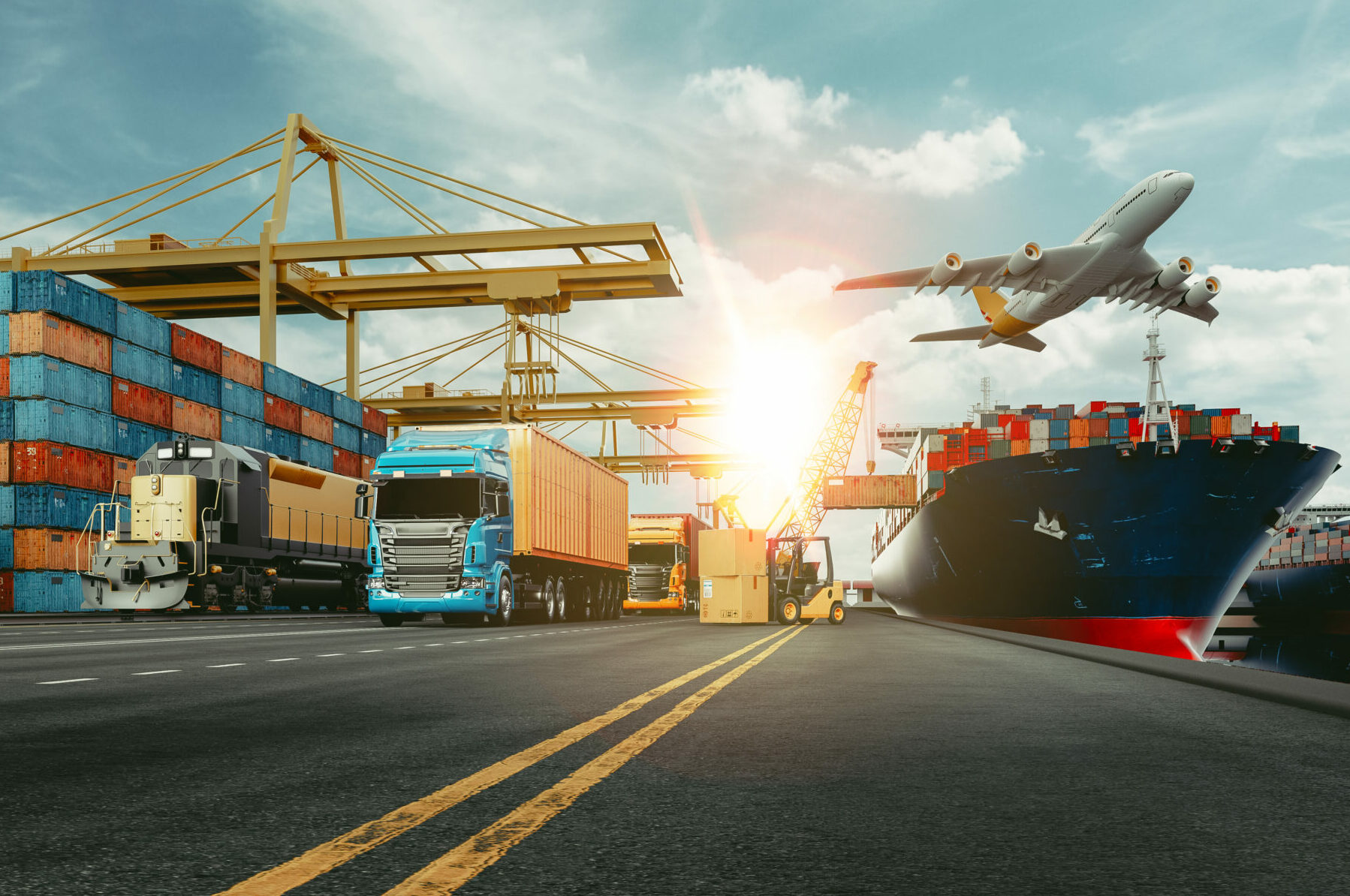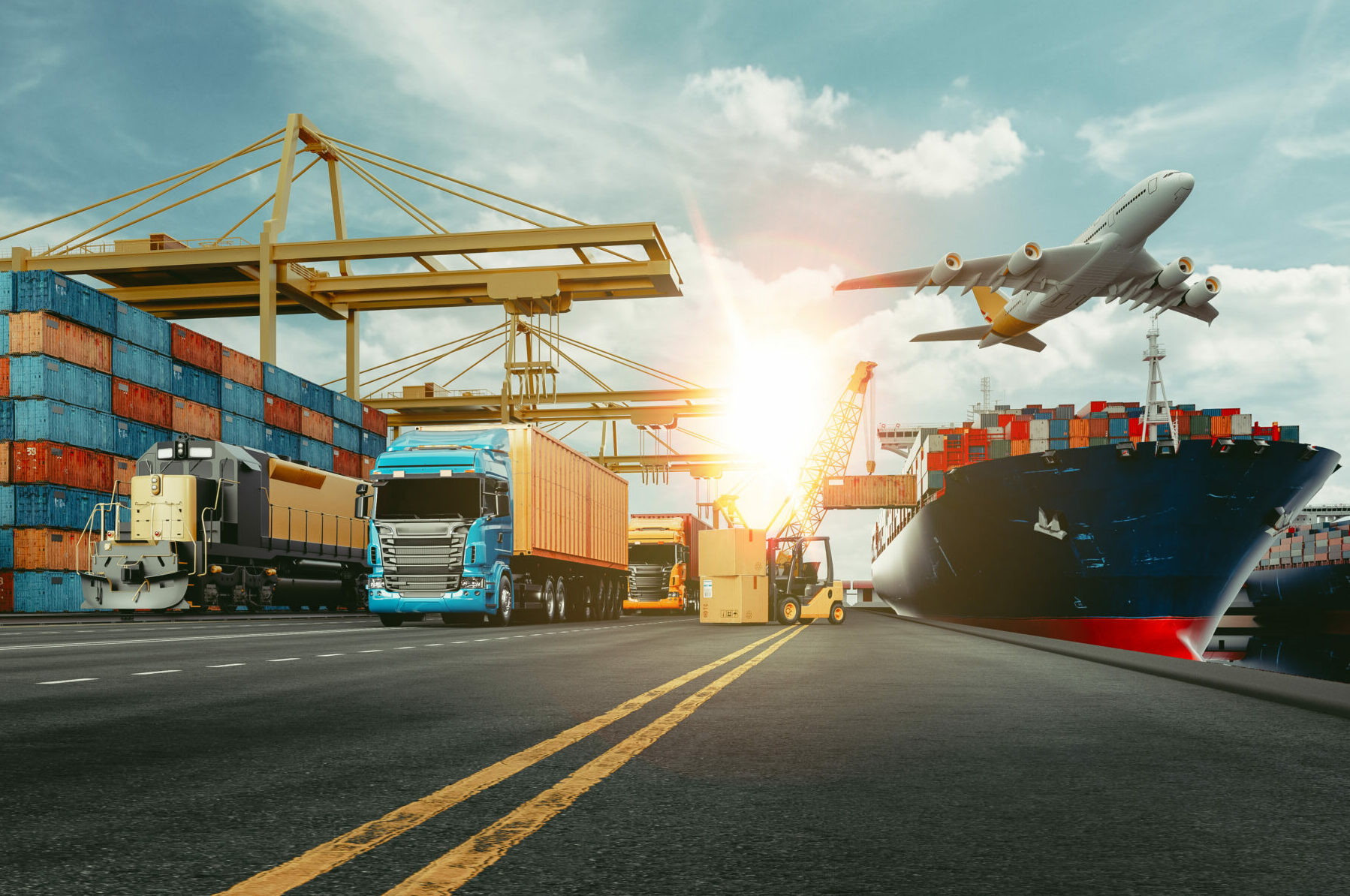The cargo forwarding industry handles billions of pounds worth of goods annually, with high-value cargo presenting unique risks and challenges. Whether you're transporting luxury vehicles, precious metals, electronics, pharmaceuticals, or artwork, specialized high-value cargo forwarder insurance is essential for protecting your business and your clients' valuable assets.
Understanding High-Value Cargo Forwarding
High-value cargo forwarding involves the transportation and logistics management of goods typically valued at £100,000 or more per shipment. This specialized sector requires enhanced security measures, specialized handling procedures, and comprehensive insurance coverage that goes far beyond standard freight forwarding policies.
Common high-value cargo types include:
- Luxury automobiles and motorcycles
- Precious metals and gemstones
- High-end electronics and technology
- Pharmaceutical products and medical equipment
- Fine art and antiques
- Designer fashion and luxury goods
- Aerospace components
- Industrial machinery and equipment
Key Insurance Coverage Areas
Cargo Liability Coverage
Standard cargo liability may be insufficient for high-value shipments. Enhanced cargo liability coverage protects against loss, damage, or theft during transit, providing coverage limits that match the actual value of goods being transported. This includes coverage for mysterious disappearance, which is crucial for high-value items.
Warehouse Legal Liability
When high-value cargo is stored in warehouses or distribution centers, specialized warehouse legal liability coverage protects against damage or loss while goods are in your custody. This includes coverage for temperature-controlled storage, security breaches, and handling errors.
Professional Indemnity Insurance
Cargo forwarders handling high-value shipments face increased professional liability exposure. Professional indemnity coverage protects against claims arising from errors in documentation, routing mistakes, customs clearance issues, or failure to arrange adequate insurance coverage for clients.
Cyber Liability Protection
High-value cargo operations are attractive targets for cybercriminals. Cyber liability insurance protects against data breaches, ransomware attacks, and system failures that could compromise shipment security or client information.
Transit Security Coverage
Specialized coverage for security measures including armed escorts, GPS tracking systems, secure transportation vehicles, and enhanced warehouse security. This coverage can include reimbursement for additional security costs when standard measures prove inadequate.
Specific Risks in High-Value Cargo Forwarding
Theft and Piracy
High-value cargo faces increased theft risk throughout the supply chain. Modern cargo theft often involves sophisticated criminal organizations that target specific high-value shipments. Coverage must address both opportunistic theft and organized criminal activity.
Damage During Handling
Luxury and high-value items often require specialized handling procedures. Standard handling may result in damage that significantly reduces item value. Coverage should address diminished value claims and restoration costs.
Regulatory Compliance
High-value cargo often involves additional regulatory requirements, including customs declarations, export controls, and security regulations. Non-compliance can result in significant penalties and delays.
Client Expectations
Clients shipping high-value cargo expect premium service levels and comprehensive protection. Failure to meet these expectations can result in significant liability claims and reputational damage.
Industry-Specific Considerations
Automotive Forwarding
Luxury vehicle transportation requires specialized coverage for damage during loading, transport, and delivery. This includes coverage for paint damage, mechanical issues, and theft of vehicle components.
Art and Antiques
Fine art forwarding requires coverage for conservation, restoration, and diminished value. Policies must address the unique valuation challenges associated with irreplaceable items.
Electronics and Technology
High-tech cargo faces risks from electromagnetic interference, temperature fluctuations, and rapid obsolescence. Coverage should address both physical damage and loss of value due to technological changes.
Pharmaceutical Forwarding
Temperature-sensitive pharmaceuticals require specialized cold chain coverage, including protection against temperature excursions and regulatory compliance issues.
Risk Management Strategies
Enhanced Security Protocols
Implementing comprehensive security measures including background checks for personnel, secure facilities, GPS tracking, and real-time monitoring systems. Insurance providers often offer premium discounts for enhanced security measures.
Specialized Equipment
Using appropriate transportation equipment including climate-controlled vehicles, shock-absorbing packaging, and security-enhanced containers. Proper equipment reduces claim frequency and severity.
Documentation and Procedures
Maintaining detailed documentation throughout the shipping process, including photographic evidence of cargo condition, chain of custody records, and compliance documentation.
Partner Vetting
Carefully selecting and monitoring subcontractors, carriers, and warehouse operators. Insurance coverage should extend to approved partners while maintaining control over service standards.
Claims Considerations
Valuation Methods
High-value cargo claims often involve complex valuation issues. Policies should specify valuation methods and include coverage for appraisal costs and expert witness fees.
Salvage and Recovery
Specialized coverage for salvage operations, including recovery of stolen goods and restoration of damaged items. This may include rewards for information leading to recovery.
Business Interruption
Claims involving high-value cargo can result in significant business interruption. Coverage should address lost profits, additional expenses, and reputational damage.
Legal Defense
High-value cargo claims often result in complex litigation. Comprehensive legal defense coverage is essential for protecting your business interests.
Choosing the Right Insurance Provider
Specialized Expertise
Select insurers with specific experience in high-value cargo forwarding. Generic freight forwarder policies may not address the unique risks and requirements of high-value operations.
Global Coverage
High-value cargo often moves internationally. Ensure coverage extends to all jurisdictions where you operate and includes foreign legal defense coverage.
Claims Handling
Evaluate insurers' claims handling capabilities, including their network of adjusters, appraisers, and recovery specialists experienced with high-value cargo.
Risk Management Support
Leading insurers provide risk management services including security assessments, training programs, and loss prevention guidance specific to high-value cargo operations.
Regulatory Compliance
International Regulations
High-value cargo forwarding involves compliance with various international regulations including customs requirements, export controls, and security regulations such as C-TPAT and AEO programs.
Insurance Requirements
Many high-value cargo clients require specific insurance coverage levels and terms. Ensure your policy meets common client requirements while providing adequate protection for your business.
Documentation Standards
Maintain comprehensive documentation standards that support both regulatory compliance and insurance claims. This includes detailed cargo manifests, condition reports, and security logs.
Cost Factors and Premium Considerations
Cargo Values
Premium costs typically correlate with cargo values and coverage limits. Higher-value shipments require proportionally higher coverage limits.
Security Measures
Insurers offer significant premium discounts for enhanced security measures. Investment in security systems often pays for itself through reduced insurance costs.
Claims History
Maintain a clean claims history through effective risk management. Frequent or severe claims can result in coverage restrictions or premium increases.
Geographic Factors
Routes through high-risk areas may result in premium surcharges or coverage restrictions. Consider alternative routing when economically feasible.
Future Trends and Considerations
Technology Integration
Emerging technologies including blockchain tracking, IoT sensors, and artificial intelligence are transforming high-value cargo forwarding. Insurance coverage must evolve to address new technologies and associated risks.
Sustainability Requirements
Increasing focus on sustainable transportation methods may affect routing options and security measures. Ensure coverage addresses environmental compliance requirements.
Regulatory Changes
Evolving international trade regulations and security requirements may affect coverage needs. Work with insurers who stay current with regulatory developments.
Conclusion
High-value cargo forwarder insurance requires specialized coverage that addresses the unique risks and challenges of handling premium freight. Success in this sector depends on comprehensive risk management, appropriate insurance coverage, and partnerships with experienced insurers who understand the complexities of high-value cargo operations.
The investment in specialized coverage pays dividends through reduced claim exposure, enhanced client confidence, and competitive advantages in securing high-value cargo contracts. As the high-value cargo sector continues to grow, forwarders with appropriate insurance coverage and risk management practices will be best positioned to capitalize on these opportunities while protecting their business interests.
For cargo forwarders handling high-value shipments, working with insurance specialists who understand your unique risks is essential for long-term success and profitability in this demanding but rewarding sector.
For specialized high-value cargo forwarder insurance quotes and expert advice, contact Insure24 at 0330 127 2333 or visit www.insure24.co.uk


 0330 127 2333
0330 127 2333
